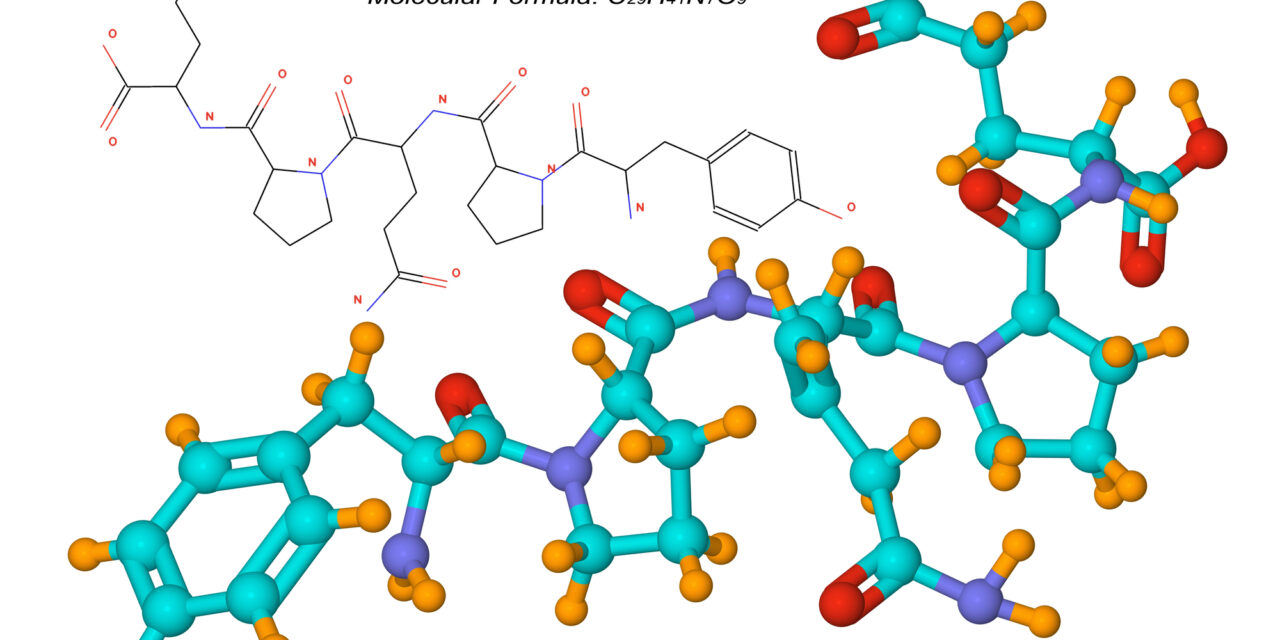By Annette Pinder
Celiac disease (CD) is a serious genetic autoimmune disease that damages the villi of the small intestine and interferes with the absorption of nutrients from food containing gluten, found in wheat, barley, and rye. An estimated 1 in 133 Americans, or about 1% of the population, has celiac disease. Globally, CD is increasing, likely due to environmental factors, and 83% are undiagnosed or misdiagnosed.
The only treatment for CD is a lifelong adherence to a strict gluten free diet. There are over 200 symptoms of CD, including abdominal cramping, anemia, constipation, diarrhea, fatigue, joint pain, anxiety, depression, and more. For a full list of symptoms, visit beyondceliac.org/celiac-disease/symptoms.
Ongoing clinical trials are currently underway in an effort to find a treatment for CD. Chugai Pharmaceutical Co., Ltd., a Japanese pharmaceutical company, found promising results in a non-human trial of DONQ52, an antibody that successfully blocked the immune response to gluten in mice, while leaving the rest of their immune system intact. A human clinical trial is currently underway and, if successful, could represent a breakthrough in treating celiac disease. Researchers say the treatment could improve the lives of people with CD, or even replace a gluten free diet.
Knowing the importance of patient participation in clinical trials, the Celiac Disease Foundation encourages individuals with celiac disease to add their data to the iCureCeliac® patient registry at celiac.org/icureceliac. iCureCeliac® has been at the forefront of numerous research studies about celiac disease.
Learn more about celiac disease, symptoms associated with celiac disease, ongoing research, the Beyond Celiac Coalition, research symposiums, the registry, celiac and health equity, and more at www.beyondceliac.org. Find support and resources for celiac disease at www.nationalceliac.org/celiac-disease-support-groups. Locally, check out the Western New York Gluten Free Support Group at www.buffaloglutenfree.org.












